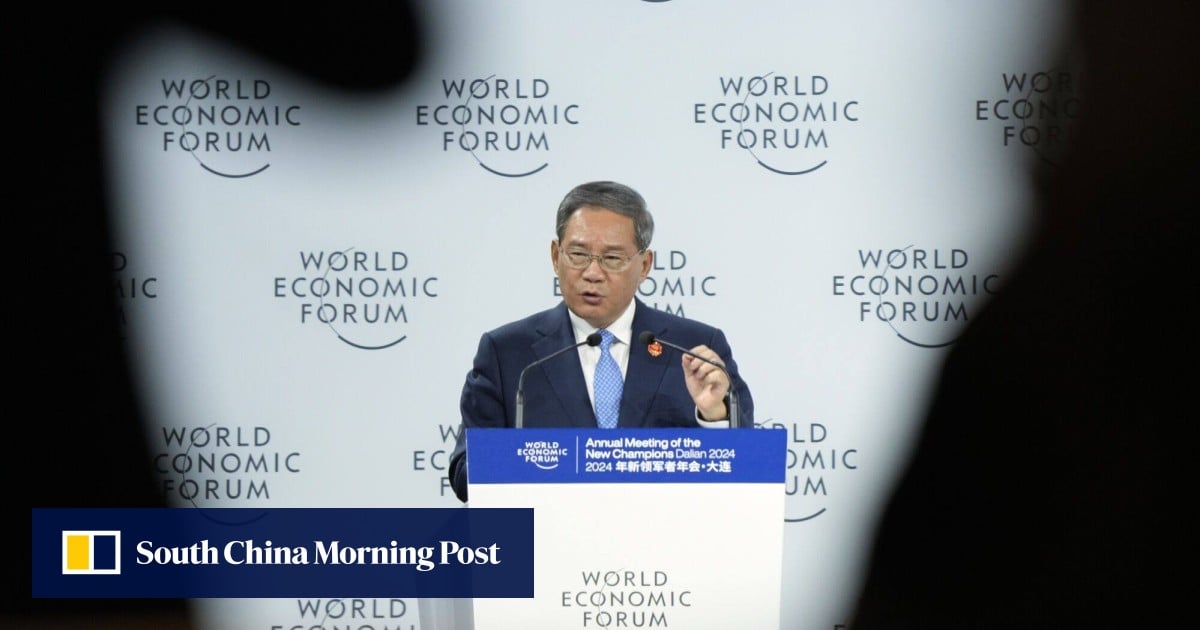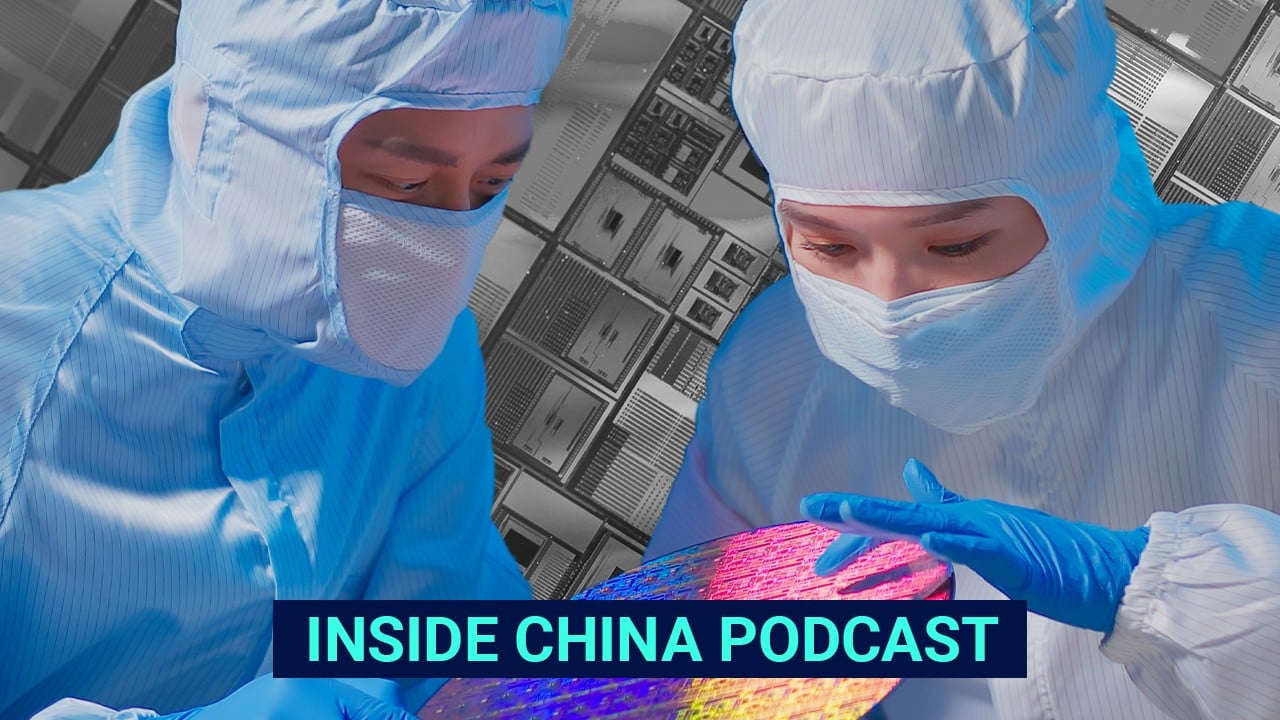“It will raise the cost of the global economy, foment disputes and plunge countries into a vicious cycle, where everyone tries to get a slice of the pie but the pie itself is not growing any bigger,” Li added.
“This is what we don’t want to see.”
China is presently dealing with a two-front conflict over trade, as the United States and European Union move in lockstep to penalise imports of Chinese EVs and other green products over allegations of subsidies and excess capacity.
As a riposte to their claims, Li said Chinese exports of electric vehicles (EVs), solar panels and lithium batteries are helping to alleviate inflation worldwide.
If we want to develop new industries, we must rely on the market and enterprises
Beijing’s prescription for these challenges is to expand the market even further and improve the climate for enterprises from overseas, Li said.
“I would also like to say that China’s large market is open,” Li said, extending an invitation to international firms.
“Foreign companies compete, communicate and cooperate with domestic ones on a level playing field. They have become a major force enabling the growth of emerging industries, and buttressed the sound and sustained development of the Chinese economy.”
“We should give full play to the market. I usually say two things: let the market play a decisive role in allocating resources and the government should better do its job in creating a fair environment,” Li said in a brief question and answer session with WEF founder and chairman Klaus Schwab.
“If we want to develop new industries, we must rely on the market and enterprises,” Li added, a pointed statement for the reported 1,700 officials and entrepreneurs in attendance.
Comparing the country’s post-pandemic recovery to that of a sick patient, the premier also emphasised the need to balance immediate and long-term goals.
“The most fundamental thing is to balance short-term and long-term treatment of symptoms and cure causes. After years of Covid, the economy is like a person recovering from a serious illness,” Li said. “According to the theory of traditional Chinese medicine, strong treatment cannot be used at this time. A precise, gradual approach is more ideal for recovery.”
Li also called for international tech collaboration to foster stronger connections, saying China’s outsize market and fertile ground for application scenarios would create a welcoming platform for new ideas as well as tech.
“We have a complete industrial supporting system, and an abundant labour force and talent pool. Chinese consumers are also fairly receptive to new technologies,” he said. “All of these make China a broad stage for enterprises to pursue innovation and upgrade their products. Economies of scale can help reduce costs and accommodate different technological road maps and business models.”


